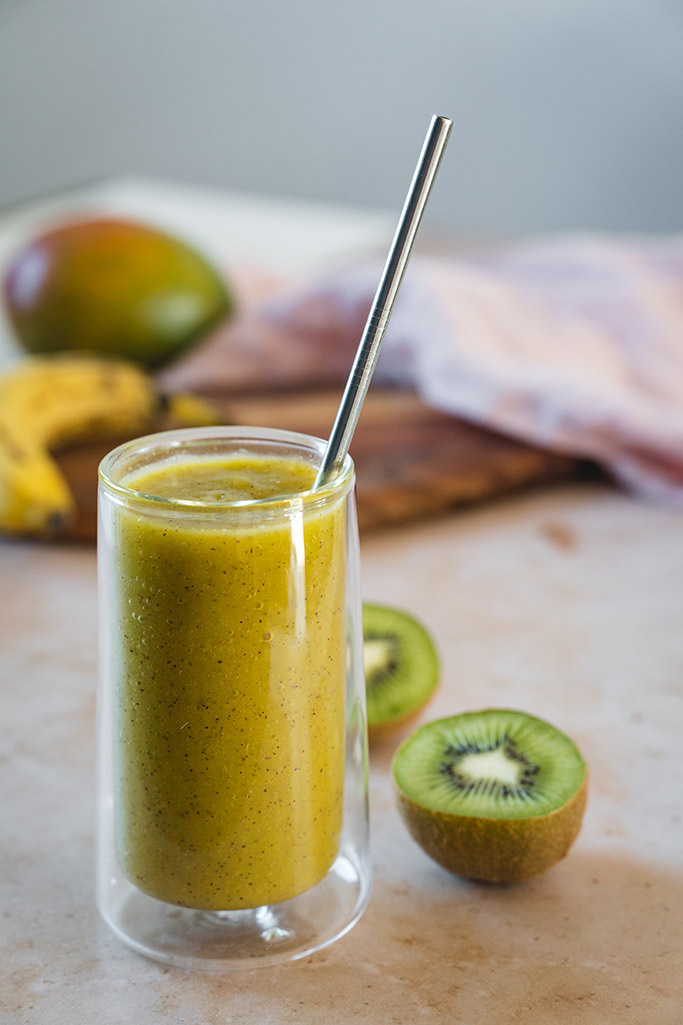10
SURVIVAL TIPS FOR DIETETIC STUDENTS IN A COORDINATED PROGRAM
by
Abigail Tankersley
1. NETWORK (because
connections are awesome) – Don’t underestimate the power of a good support
system of family, friends, teachers, and classmates who genuinely want to help
you succeed. I’m talking about roommates who pick up on whether your need for
space outweighs your need for a good venting session, and family/friends who've
never heard of “prealbumin” and “Mifflin St. Jeor” but still provide
sympathetic murmurs of agreement as you stress over PES statements for that one
stubborn renal patient with diabetes and a BMI of 45.
2. STOP FAKING PERFECTION
(and start chasing excellence) – Let’s face it, nutrition students are
notoriously bad at acknowledging we’re imperfect. We genuinely believe the
worst thing in life is any numerical grade with less than three digits, and we
also often make the mistake of putting our self-worth in the things we do
rather than who we are. It’s only possible to learn from your mistakes if
you've identified them, and imperfection doesn't mean failure. I would also
like to point out that the worst life experiences usually make for the funniest
life stories.
3. KEEP DOING YOU
(because what works for your classmate doesn't always work for you) – Work at
your own pace and don’t let others’ strengths distract you from your own.
Organization and time management skills are important for every student, but
everyone has different ways of accomplishing these. For some people, staying
organized requires a color-coded planner with tabs and highlighting. For
others, the pressure of keeping a planner cute and updated is more stressful; I
personally prefer the method of writing to‐do
lists on paper scraps and then misplacing them.
4. DON’T LOSE SIGHT OF
THE BIG PICTURE (which means learning to play Pollyanna’s “Glad Game”) – The
little things in life become even more important to hold onto during times when
the big things in life feel insurmountable. Although anatomically impossible
(and slightly cheesy), it is true that a smile on your lips and a song in your
heart makes almost everything better. A coordinated program is stressful and
overwhelming because it’s supposed to simulate the way life is stressful and
overwhelming. So, every day, look for at least one thing that makes you
genuinely laugh.

5. TREAT YOURSELF (like a
patient, because sometimes that’s how you’ll feel) – The ironic, sad thing
about being a CP student is that you no longer have time to follow the sound
nutrition advice you’re doling out to patients. Before you know it, meal times
have morphed into eating Taco Bell and Chocolate at 2 AM while researching
steatorrhea. Mix in the stress of rotations, and the only thing in life that
matches the intensity of your craving for junk food is your need to lie on the
couch (making TMR equal to BMR.) So make setting aside time to take care of
yourself (this includes eating, sleeping, and moving) a priority and maintain
balance by going for a 10‐minute
walk or call a friend.
6. THERE’S NO SUCH THING
AS A STUPID QUESTION (just as long as you've already looked for the answer) –
The point of coordinated programs is for students to learn how to make
mistakes, evaluate these mistakes, and then make adjustments. Remember, if we
were already experts, we wouldn't need rotations. Part of becoming a registered
dietitian means realizing the important thing isn't that we know all the
answers – it’s that we know how to find the answers (yes, that usually means
Google.) So don’t be afraid to ask your preceptors questions about anything
that doesn't make sense. Rotations are a time of making mistakes and learning
from them.
7. SAY PLEASE AND THANK
YOU (because preceptors do a lot for nothing) – Preceptors are people with full‐time jobs and lives of
their own and they’re volunteering to work harder for less. That may not seem
as crazy as paying tuition for the privilege of unpaid labor, but the
difference is that preceptors are doing this for the benefit of others. Without
them, coordinated programs wouldn’t be possible. So look for ways to show
appreciation: show up early, be willing to stay late, show respect, be
responsible, write thank‐you
notes, show humility and a willingness to learn.
8. LEARN WHAT YOU HATE
(since it may help you find what you love)- There’s something my dad told me in
high school, “It’s just as important to know what you don’t want to do, as it
is to know what you do want to do.” This has stuck with me ever since: I've
completed rotations in community, clinical, food‐service, sports nutrition, and long‐term care settings, and
it would be a lie to say I enjoyed each equally. Not all of us are cut out to
be foodservice managers and that is okay. Find what you love, and love what you
do. (In case you were wondering, sports nutrition is my favorite)

9. MAKE WISE PURCHASES
AND SMART INVESTMENTS – Don’t underestimate the power footwear has to make or
break your rotation experience. By the fifth blister, you’ll accept that
comfort always trumps style, so rock those cushioned ‘granny’ shoes with pride.
With comfort in mind, however, it is still important to look professional. So
invest in some blouses and a good pair of slacks and save the rest of your
money for other rotation‐related
purchases (gas, car repairs, meals, conferences, etc.)
10. ENJOY THE PROCESS
(and remember this time shall pass) – Becoming a CP student is a decision WE
made to get closer to our vision for the future. Don’t let the time commitment
and hard work make you forget the reason you applied in the first place. Being
a CP student is a privilege (not a punishment), which means responsibility
comes along with it. And remember, some day in the future, we’ll be preceptors
sitting in our professional ‘registered dietitian’ chairs surveying the baby
faces of students and stifling laughter at the memories they evoke. In closing,
here’s a great reminder from Romans 12, “Rejoice in hope, be patient in
tribulation, be constant in prayer.” I hope this encouragement helps you as
much as it’s been helping me in my quest to replace “CP” with “RD.”
Abigail
Tankersley is a third year senior in the Coordinated Program in Dietetics at
the University of Alabama in Tuscaloosa. Her interests are sports nutrition,
ultimate, running, kitchen escapades, coffee, writing, music, and people. This
is her first blog post and she would like to note that writing biographies in
third person is even stranger than she thought.
I could not have of said
it better myself! But, I will stress a few of sweet Abby's points. EMBRACE your inner
granny and go for the grangran shoes! I actually just splurged and got crocks
to wear when I'm in the clinical setting. DON'T take yourself too seriously-yes we are smarty pant dietitians but, there is ALWAYS something new to learn. MAKE THE BEST of the time you have in the program because it fly's by and before you know it you are five years post-grad writing a "tips" blog post for current and future students.
Ok, now allow me to drive down memory lane....
This is one of our first rotations!!!
Yes, I'm wearing heels...the only time I did!
Aren't we cute in our lil' white lab coats!?
Here we were camping out in Doster Hall
waiting to review one of Dr. Lawrence's
MNT exams...those are though btw!
Fun times start in the library.....
It was my best friend, Whitney's, birthday and we were
celebrating in the library, in between MNT and Biochemistry!
.....And end in the bowling ally!!!
Find the fun in everything you do!
What's the point if you don't?
Make friends because you could
potentially be dancing at their wedding!
FNCE in Denver, Co
A little Roll Tide action!
ALDA meeting 2009
It was Spring Break....
at least it was in Mobile, Al!
Roll Tide!









.png)



















.png)
